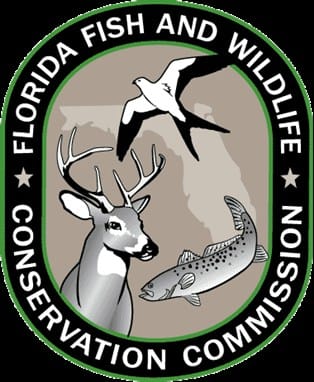Prescribe Fires Planned for Guana River WMA

Wildlife biologists with the Florida Fish and Wildlife Conservation Commission (FWC) in St. Johns County plan to burn more than 1,800 acres in Guana River Wildlife Management Area (WMA) during the upcoming 2012-2013 prescribed fire season.
Biologists specially trained to safely conduct these controlled fires carefully watch the weather conditions, which must meet specific criteria, before conducting a burn. In addition, the Florida Forest Service must issue the FWC a burn permit for each planned fire.
There are more than 22 burns scheduled this winter at Guana River WMA. These controlled burns improve habitat for various wildlife species, including imperiled species. They are also a land manager’s tool to reduce wildfire hazards, control invasive and/or exotic vegetation, control plant diseases affecting native vegetation, enhance native ground cover plants and seed production, and restore and maintain fire-dependent ecological sites.
While the burns are in progress and for many hours afterward, there is potential for smoke along roads that are in close proximity to the fires, including A1A. The FWC cautions motorists to drive slowly with lights on while traveling in smoky areas.
People who are sensitive to smoke may contact the FWC at 352-732-1225 and ask to be placed on a notification list for future burns at Guana River WMA.

